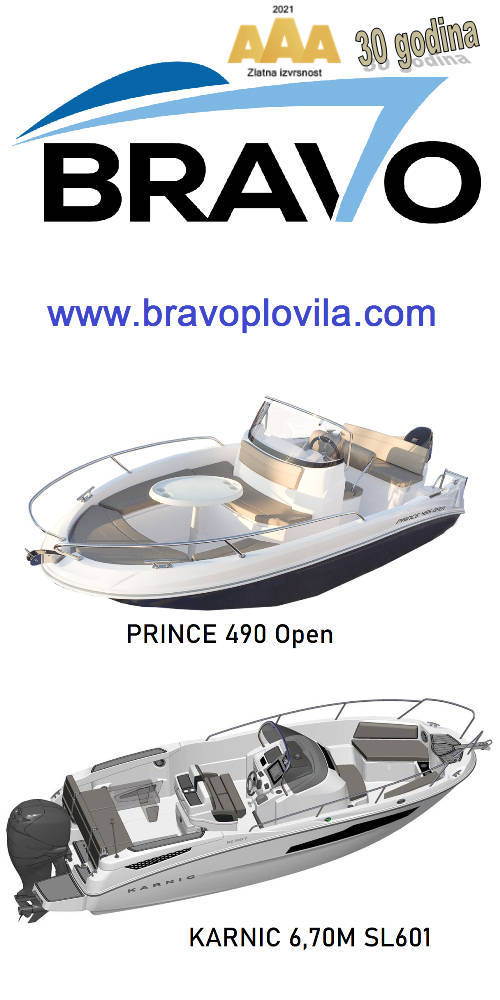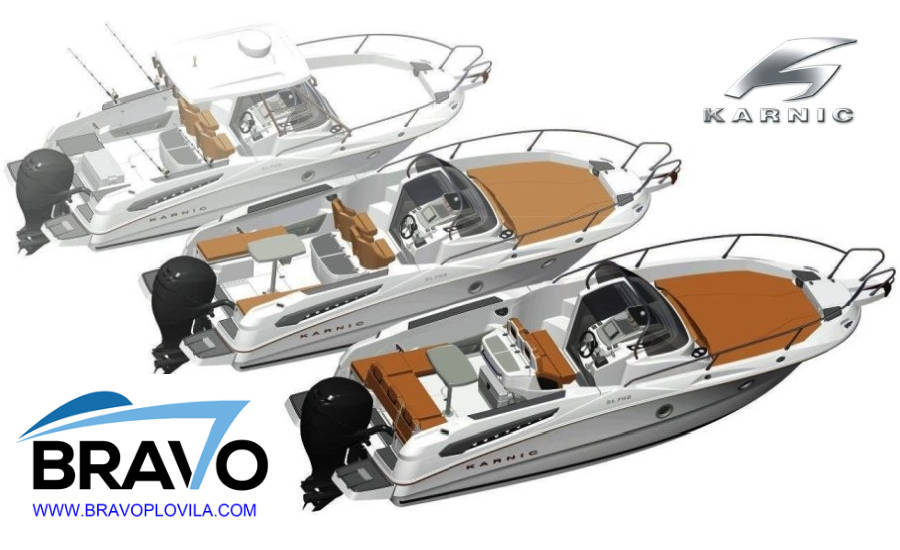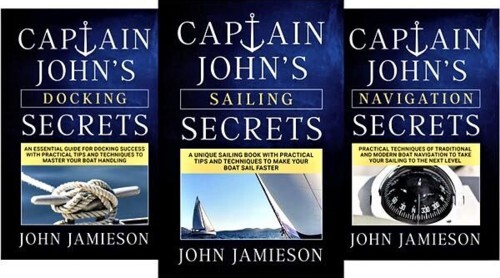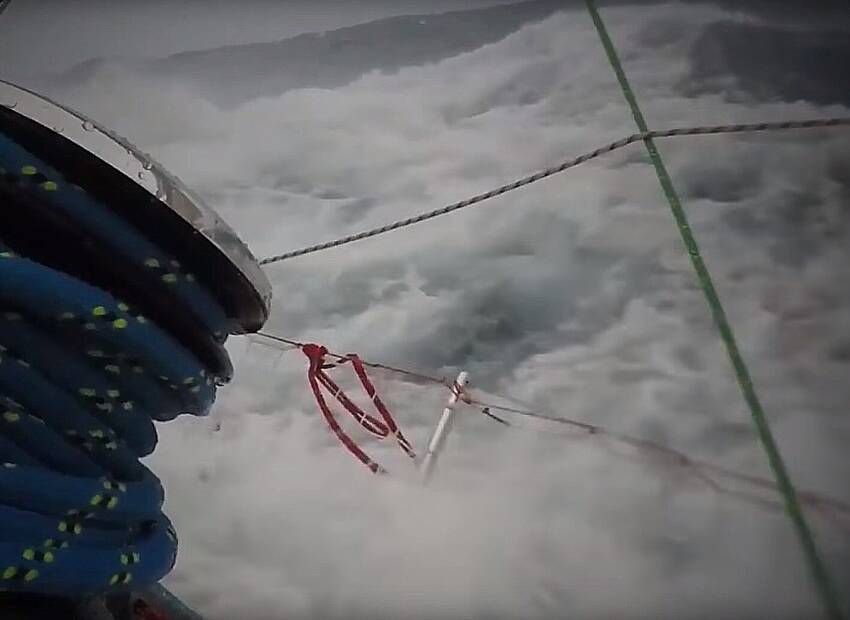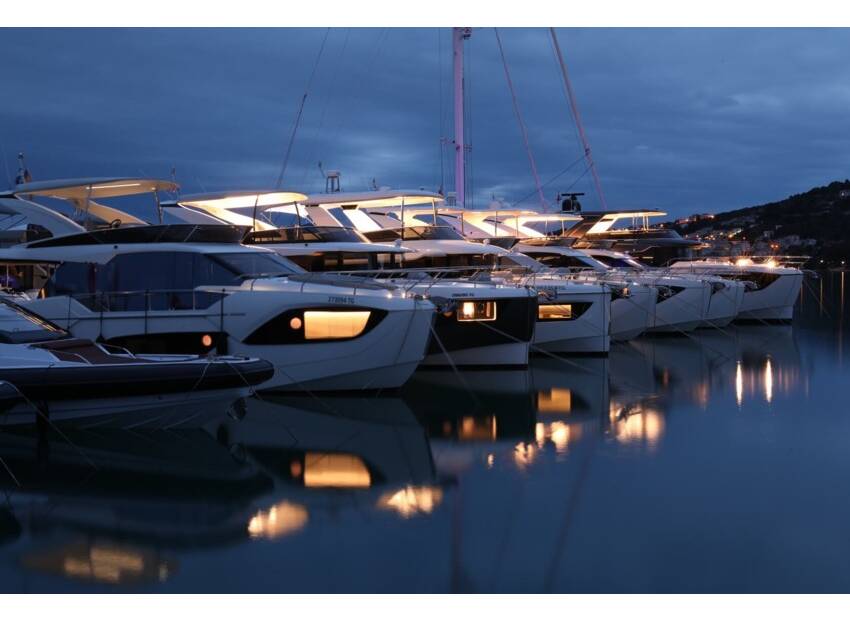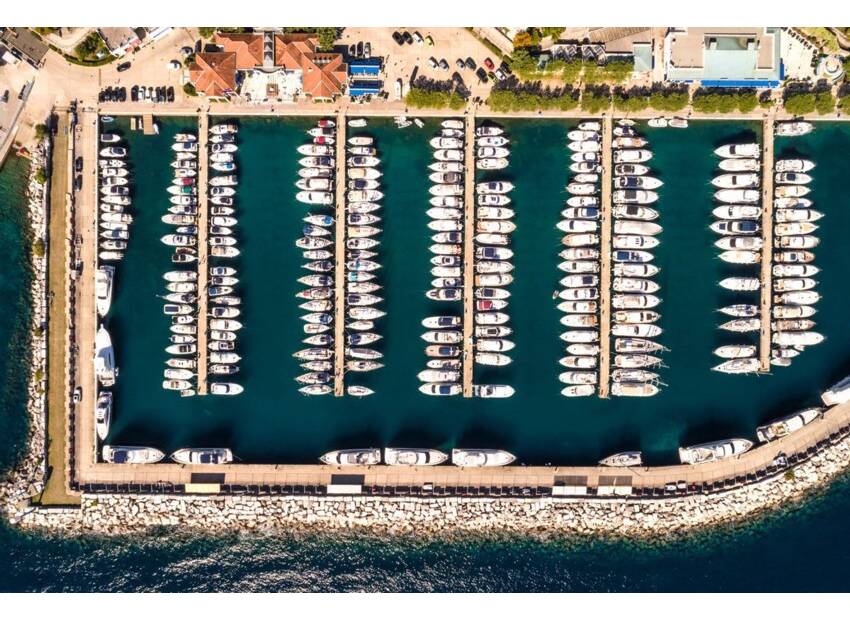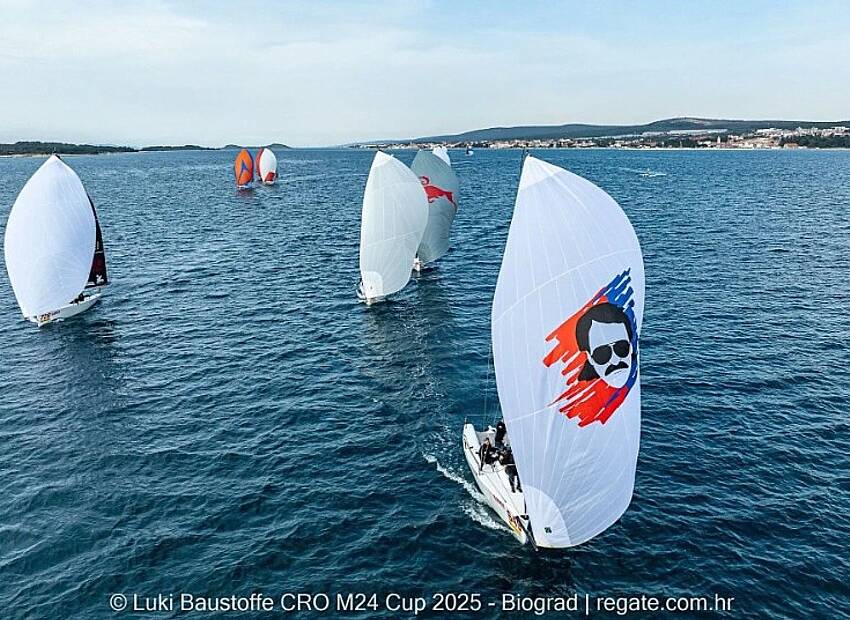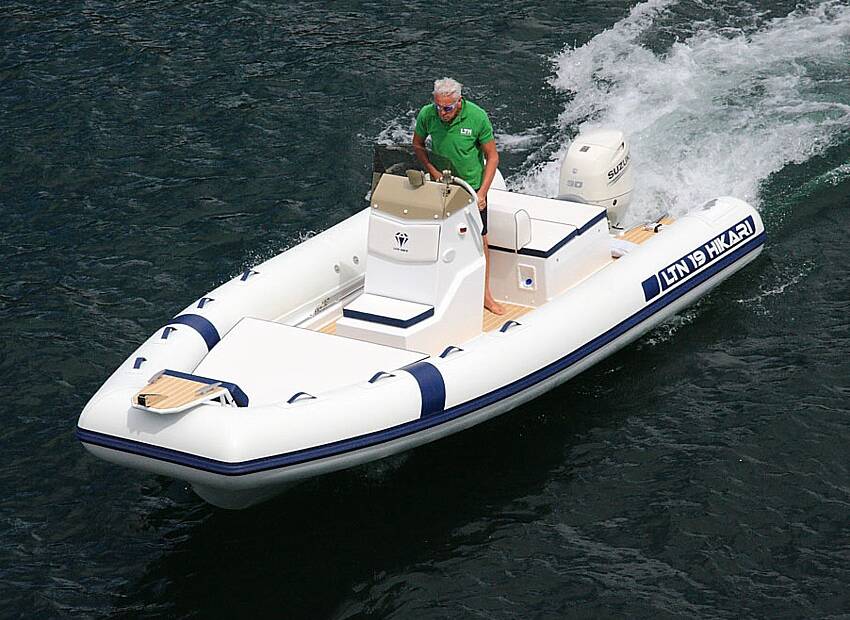Boat wakes - those long, frothy, V-shaped waves trailing from the stern of a powerboat as it slices through the water - have a sinister side. When other vessels encounter them, they can hurt people. They can make people angry, and they can bring the wrath of law enforcement, for good reason.
Boat Owners Association of The United States (BoatUS) recently looked into the issue of boat wakes by combing through the insurance claims case files, where swampings, broken teeth, and back injuries are found. "You avoid being the recipient of gestures from other skippers by using a little common sense and courtesy," says BoatUS Director of Damage Avoidance Bob Adriance. "This means coming completely off plane when you enter a no wake zone or anywhere your wake could compromise the safety of other boats," he adds.
Here are some tips to help prevent boat wake injuries to you and other boaters:
Slow early: Boat wakes travel distances, so slow down before you reach a slow-speed zone, not as you pass the marker.
Just a little slowing down isn´t good enough: Upon entering a no wake zone, some boaters react by only slowing the vessel slightly, and then plow through with the bow way up and stern dug down, actually increasing the wake. Come completely off plane.
Make her level: Without using trim tabs, a slowed vessel should be level in the water. With some smaller boats, shifting passengers around can help, as too much weight aft increases wake size.
Watch the shallows: Shallow water increases wake size.
Small boats aren´t innocent: Wakes are not just a big boat issue - small vessels in the stern-down position can throw surprisingly large wakes.
When approaching a wake, slow down but don´t stop: Motorboats are more stable when underway, so stopping could make things worse. Avoid taking a wake on the beam or head on. The best approach is at a slight angle. This will keep your passengers in your boat.
Take care of older crew: The BoatUS insurance claims files show that persons over the age of 50 have the most personal injuries, mostly as a result of being seated near the bow when the boat slams into a wake. It´s best to seat passengers - especially older passengers - amidships.
Warn the crew: A simple "Hold-on. Boat wake" should do the trick, just as long as you shout the warning well before the wake arrives.
Source: BoatUS News Releases






